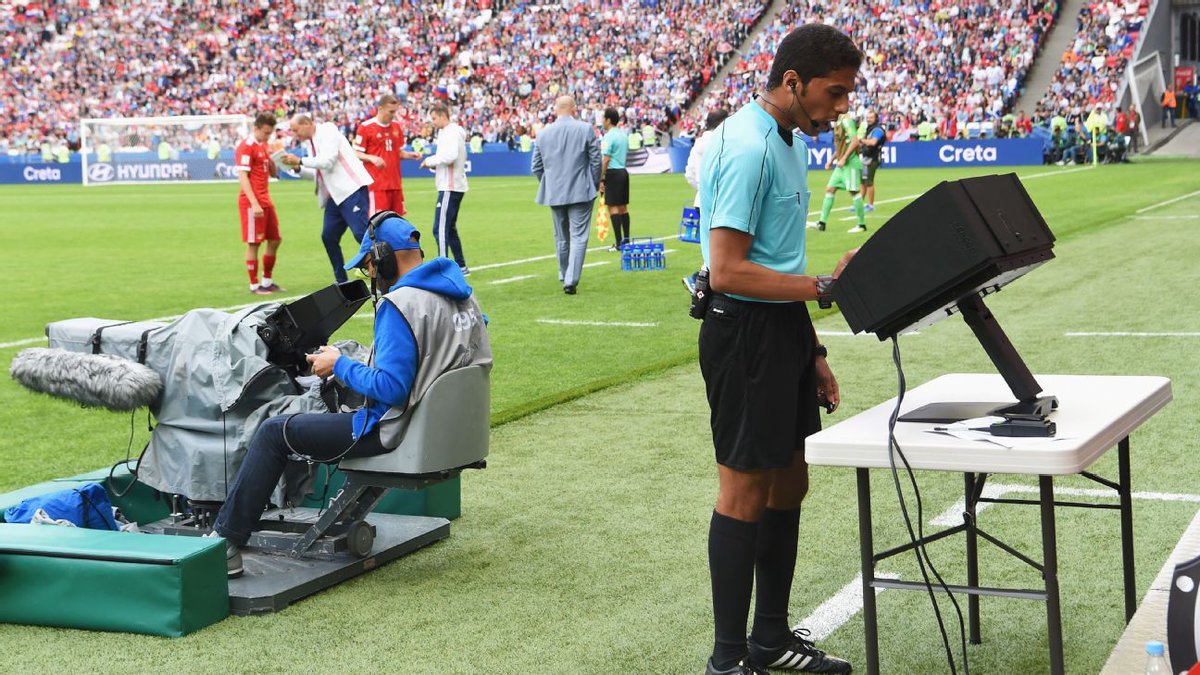Will Robot Refs Help Football?

As the innovator of change, new tech can have a dramatic impact on any market it’s introduced into – whilst football is a physical game that rarely sees change, there have been adjustments both in and out of the game in recent years. For punters outside of the game it could be the emergence of more sites online to replace wagering, whereas changes in the game itself can be seen with the introduction of VAR and other similar tools – but will the latest push for more tech in the management of the game be successful, or a passing gimmick?

For some fans, it’s easy to forget that VAR is still a relatively new tool that only have emerged in the past couple of years, and whilst there have been questionable decisions since its implementation with not all use cases being the most useful, it has been invaluable in other situations too – expanding on the current usage of VAR may initially receive controversy but if it can remove some of the decision making away from the main and assistant refs and lead to more automated decisions, with correct tracking it could be just as important.
That’s part of what this new technology has to offer – with cameras mounted in the roofs of stadiums, it can track up to 29 limb points on each player and help automate decisions for offsides, as well as provide a better eye for decisions around fouls and similar too. If a decision needs to be made, the robot ref can instantly relay a message to the authority on pitch, and if a decision needs to be further explored from there then the existing VAR system can still be used in the same way it is now, but with the hope of removing some of the human decision makings that could lead to controversial calls.
The tech has been suggested for other users too, for coaches to be able to analyze the game from a player’s perspective with all of the additional data gathered per game, or for medical staff to pinpoint what may have led to a player injury and what may be done differently in the future, but these are still just suggestions. Currently, the tech is going through a rapid trial in hopes that it can be implemented by the 2022 World Cup, and further exploration following the return to regular league play could see some of the more well-funded clubs pick up the technology too – there’s certainly an opportunity for success, but right now it may be too early to tell if robot refs can help football.

Leave a comment
You must be logged in to post a comment.